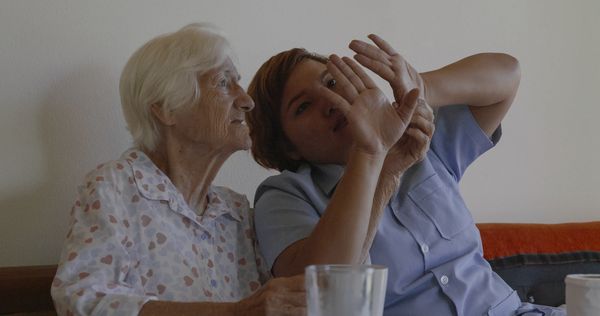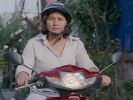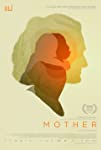Eye For Film >> Movies >> Mother (2019) Film Review
Mother
Reviewed by: Mateusz Tarwacki

Kristof Bilsen's Mother is a personal film – the impetus for its making was the death of the director's mother, whose memory the documentary is dedicated to. Although Bilsen does not talk about his specific experience, basing the narrative on the contrast between the two mothers – Pomm, employee of a care centre for Europeans located in Chiang Mai, Thailand; and Maya, suffering from Alzheimer's, whose Switzerland-based family decides to place her in the very same care centre. The colour of moral dilemmas related to the slow passing away of a loved one is clear in the film.
We get to know well the dilemmas of Pomm, who sees her own family only a few days a year, fulfilling all the care, love and need for closeness at work, caring for elderly patients. Pomm treats her patient Elisabeth as if she were her own mother – such attachment from a caregiver is unusual. The Thai woman has no choice. She has to carry this emotional baggage daily to ensure a future for her daughter.

The story of Maya is painfully contrasted with this image of perseverance and devotion. At a relatively young age, Maya fell ill with rapidly progressive Alzheimer's, losing touch with reality and not recognising her immediate surroundings. The family decided to provide professional care for her. For many years, Maya worked for international hotel chains in several Asian countries. In Hong Kong she met her husband, Walter – so her last trip to the Far East is symbolic. It is a return to the place of happy youth.
Bilsen gives these family decisions an elevated, moral tone. By contrasting the two women, he suggests that the decision to place Maya in a care centre will affect not only her immediate family, but also Pomm's life. The Skype conversation between Walter and Maya is emblematic here – when Maya does not communicate at all, does not recognise Walter or give a sign of understanding the images on the screen, she reacts to the person in her immediate vicinity, Pomm.
There is something extremely sad about the collision of two women with each other – it is striking that they are both lonely. Pomm has no contact with her family due to work, Maya has lost her bonds of closeness due to illness. Both will find new strength in their relationship with each other.
Bilsen is dangerously on the verge of evaluating attitudes – one cannot help the feeling of a cool distance of the Swiss family, the lightness with which they decided to give Maya to the care centre. In the very manner of the narrative, in the attention devoted to the courageous and persistent Pomm, one can feel the emotions of the director himself and the regret for losing his mother.
Unfortunately, the deeply personal dimension of Mother, the highly emotional subjectivism of the camera made the Belgian director stop his observation at the family cell level without noticing, for example, that the phenomenon of exporting old age outside Europe is something much broader, not limited to one family and one Thai care centre; or that Pomm is exploited at work – on a basic level she gives up her family and works not because she wants to, but because she has to.
Despite everything, Mother remains a warm image and a laurel made not only to the mother and all the mothers, but also to all those who cared for and said last farewells to loved ones.
Reviewed on: 08 Jan 2021

















